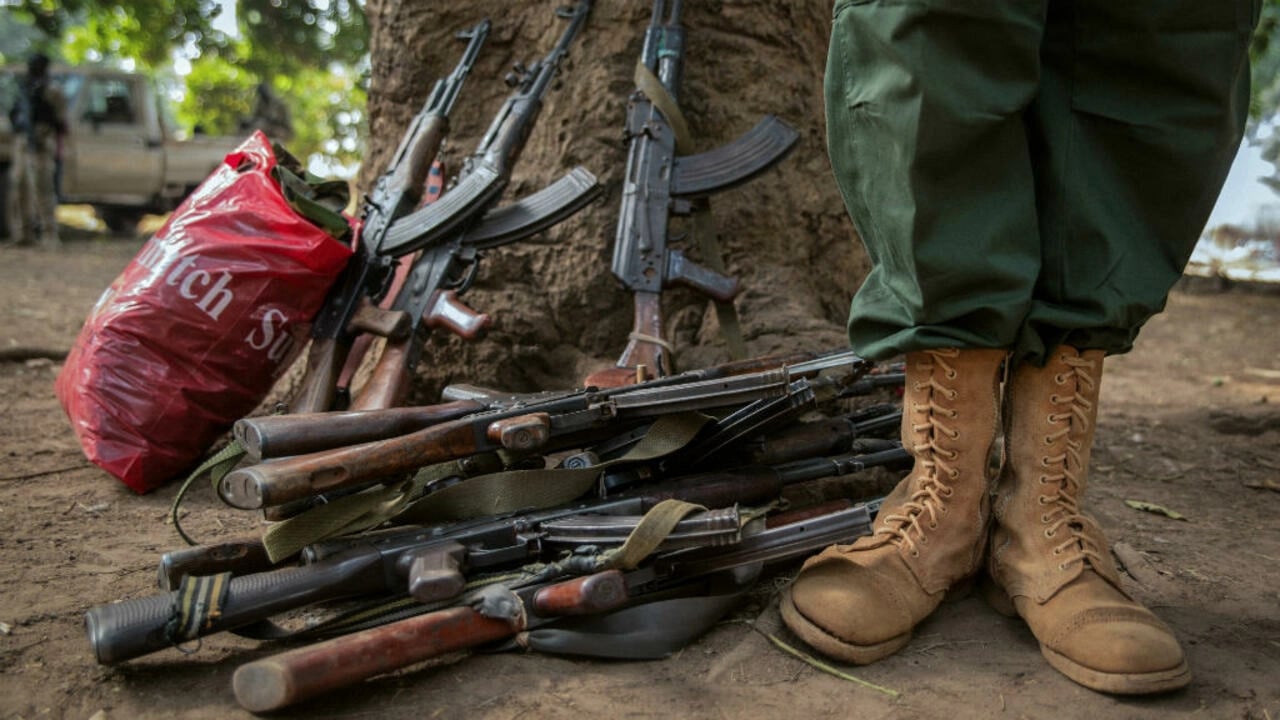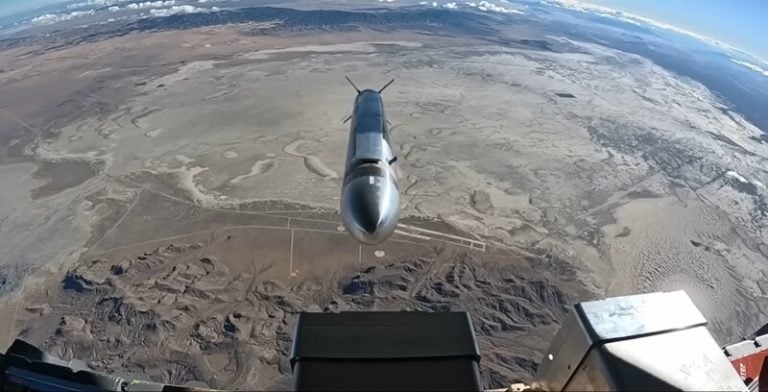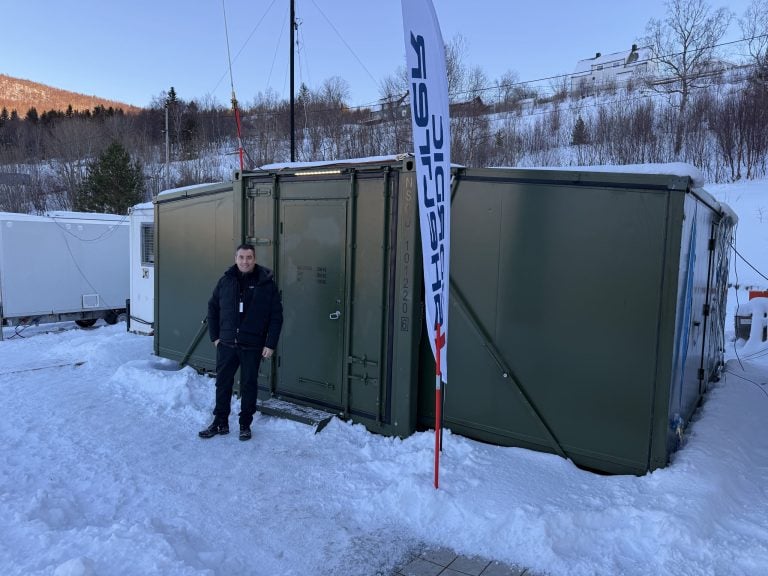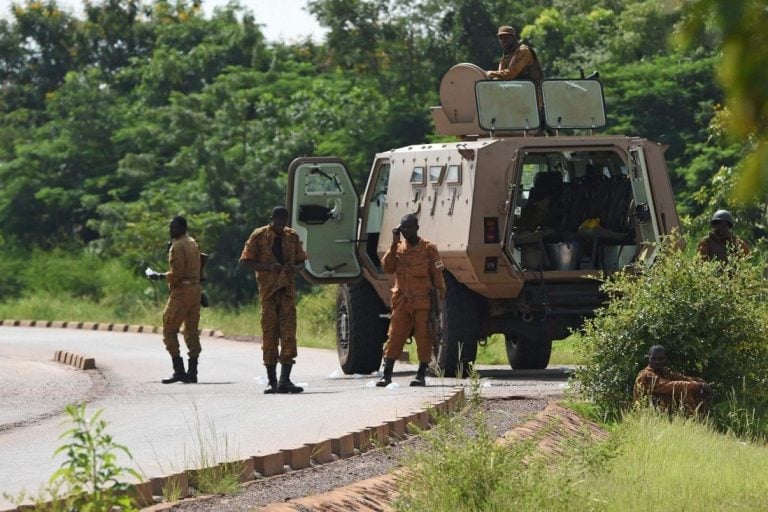South Sudan’s army announced plans for a dual approach to disarmament in response to escalating violence in the Warrap State and Mayom County, regions recently placed under a six-month state of emergency by President Salva Kiir. The nation, which gained independence in 2011, continues to struggle with pervasive insecurity and poverty, despite being rich in oil resources.
President Kiir’s emergency declaration follows a wave of violent inter-communal cattle raids, a cyclical issue exacerbated by the scarcity of water and competition for grazing land. Local resident Lual, who provided his first name due to security concerns, described the devastating impact of the violence on the community. “People have fled their homes, leaving the farmland, children are unable to go to school, they have no food and no shelter as most of their homes have been burned,” he said.
In a briefing in the capital city of Juba, South Sudan People’s Defence Forces (SSPDF) spokesperson Lul Ruai Koang detailed the disarmament strategy. Initially, the army will conduct voluntary disarmament, granting armed youth a one-week grace period to surrender their weapons. This will be followed by a forceful disarmament phase that the SSPDF intends to carry out through coordinated operations across the affected areas.
Koang warned that failure to comply with the disarmament measures could lead to “harsh and punitive measures.” The local community appears to be responding to the severity of the situation. Lual noted that there are rumors of some individuals ceasing hostilities in light of the state of emergency and impending disarmament actions. However, he expressed concerns that the military operations could inadvertently harm innocent civilians.
The ongoing violence, attributed to both cattle raids and retaliatory attacks, has reportedly resulted in significant casualties, with the United Nations indicating that over 200 people were killed in March alone, and the numbers rising in recent days. This cycle of violence is compounded by deep-rooted political and ethnic tensions in a country still in recovery from a civil war that lasted from 2013 to 2018.







